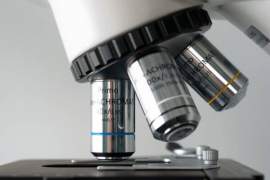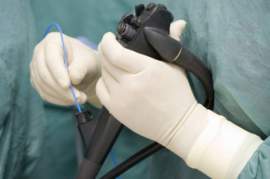
Stem Cell Controversy

Stem cell controversy
"Stem cell controversy" refers to the ethical debate over the use of embryonic stem cells in medical research. Embryonic stem cells can be harvested from fetuses, which has caused controversy and objections from some people over this type of research, frequently on religious grounds. In the United States, stem cell controversy has led to a number of laws and court challenges.
In 1995, the United States Congress passed the Dickey Amendment. This legislation prohibited the federal Department of Health and Human Services from funding any research involving the destruction of human embryos. This legislation also prohibited this department from funding the development of embryos for research purposes.
This legislation remained in effect but was amended by several other laws addressing the stem cell controversy. In 1998, the discovery of human embryonic stem cells led the Clinton administration to reconsider its stance on funding of research involving stem cells. After reviewing the issue, the administration decided that the Dickey Amendment did not prohibit research involving human embryonic stem cells provided that obtaining them did not require destroying a fetus first. After George W. Bush assumed the presidency in 2001, his administration reviewed the stem cell controversy and decided to allow federal funding involving stem cells harvested from fetuses that had already been destroyed.
In 2005, Congress passed legislation designed to permit the harvesting of stem cells from frozen embryos in the custody of in vitro fertilization clinics, provided that the donors responsible for the embryos approved. However, this legislation was vetoed by president George W. Bush. During his presidency, George W. Bush's position on the stem cell controversy led to several other bills attempting to allow more public funds for this type of research being vetoed.
In March of 2009, president Barack Obama issued an executive order removing the restrictions in the Dickey Amendment concerning federal funding using newly created human embryos. In response, a group of scientists filed a lawsuit challenging the executive order's application. The suit was led by two scientists whose work only involved the use of adult stem cells. In their lawsuit, the scientists claimed that such funding would be in direct competition with the funding they required, making it impossible for them to complete their research. In 2010, they appeared in district court before Judge Lamberth, who issued a temporary injunction prohibiting such funding on the grounds that the scientists had a strong probability of winning their lawsuit.
The stem cell controversy continued when the ruling issued by Judge Lamberth was reversed on appeal by the federal government. The government argued since since federal funding is not applied to the destruction of embryos, the executive order was not in violation of the Dickey Amendment. The appellate court ruled in favor of the Obama administration and ordered Judge Lamberth to reverse his ruling. In July of 2011, Judge Lamberth did so despite his personal objection to the finding.



















